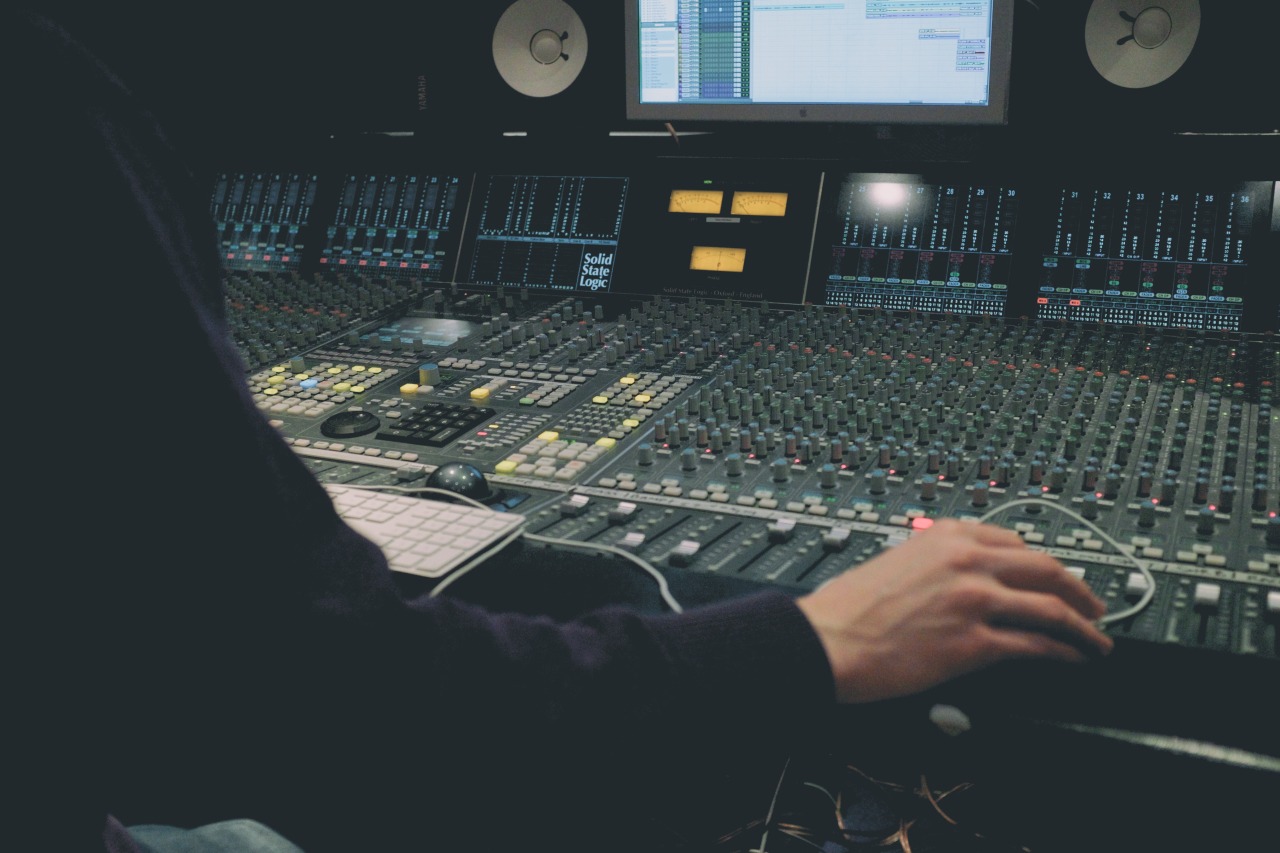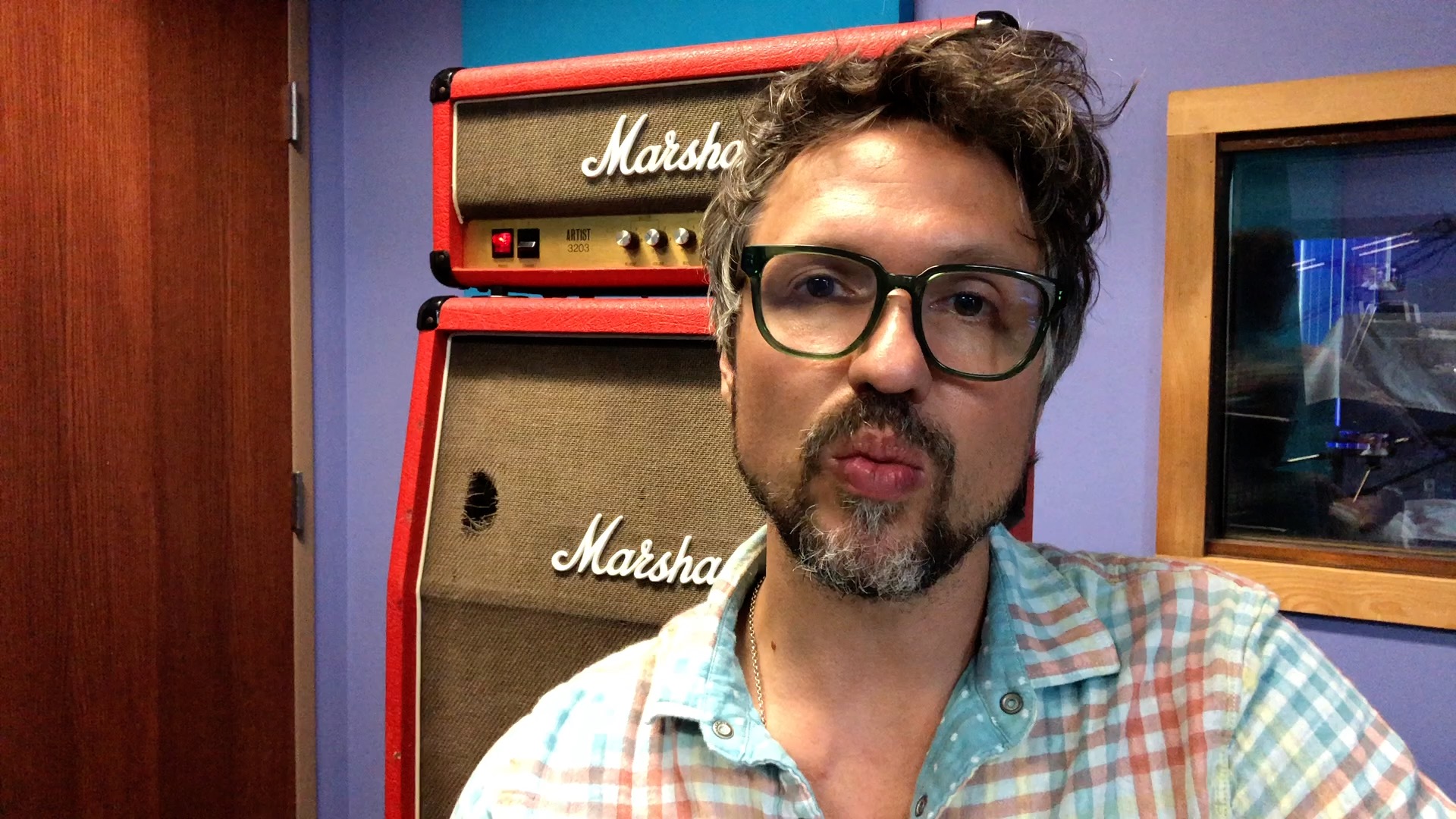By T. Perry Bowers
I’ve been answering a lot of questions lately on the website quora.com. Quora is where people go to ask or answer random questions. Admittedly, I don’t do this just for fun; I do it because it drives traffic to my website, thus increasing my ranking on Google. However the fun part is I get to share my experiences in the music business.
 One question that comes up often (in all its different forms) is: How do I learn to record and produce music? It seems there are a lot of people who want to become a record producer or learn how to record on their own.
One question that comes up often (in all its different forms) is: How do I learn to record and produce music? It seems there are a lot of people who want to become a record producer or learn how to record on their own.
Even though my business is mostly rehearsal space, my small recording studio in Minneapolis, MN does a lot of recording sessions as well so I feel qualified to answer this question.
I didn’t go to music school. Even though, for the most part, I think higher education is a good thing, music school is tough to justify. There aren’t enough jobs in this industry. If you want to work in music, you have to be an entrepreneur. Even if you’re working for someone else, you need to hustle.
I started out recording bands in my twelve-foot by fourteen-foot practice space in Saint Paul over twenty years ago. I was in a few bands myself, so I was recording myself as often as others.
Somehow word got around that I was recording bands. The rehearsal space facility I practiced in had about fifty rehearsal spaces. I made demos for a lot of the bands who occupied those rooms.
The first piece of gear I had was a cassette four-track. It was a very simple machine. You had four tracks to work with, but you could bounce tracks so it effectively gave you more. For example, if I recorded a drum set on three tracks (kick, snare and overhead), I could bounce those three tracks to the fourth track and then record over the first three.
Bouncing tracks on that rudimentary machine helped me understand a lot about gain structure and signal flow. If you didn’t get it right, one of the tracks would be buried and you’d have to start all over again.
As I learned more about tracking, I bought a few pieces of outboard gear. I had a compressor/limiter that really stepped up my game. With that I could get a hot, even signal with all of my tracks. My vocals wouldn’t peak and clip. My snare sound didn’t depend on the drummer’s ability to play at a consistent volume. I could also start to create interesting effects by driving my compressor.
When I got my first reverb unit, I used it on everything. I created space in my mixes and buried the sound of my own voice. Over time I learned to use it sparingly, partly because the next day I would listen to my mixes and wonder how much weed I was smoking when I was laying it down, and partly because I was getting feedback from my friends to lay off on the effects.
You need to let the music speak for itself. Don’t cover it up. The way I was using delay and reverb was really an apology for my attempt at making music. I was so uncomfortable with the sound of my own voice; I thought washing it in reverb would make me like it more. It doesn’t really work like that.
My point is I learned how to record by recording – a lot!
At some point I bought a Roland VS-880. It was a digital eight track. It worked similarly to a cassette four-track, but it had effects, compression, gates and limiters built into it. It revolutionized home recording. The VS-880 had more virtual options inside it than the Beatles had at their disposal when they made Sgt Peppers.
If you can’t make a decent recording with a VS-880, it not the gear’s fault. It’s the operator’s lack of skill or knowledge.
Now that everyone and their mom has a pro-tools rig, there’s no reason why Grammy award winning recordings shouldn’t be exploding from basements around the country. There isn’t really a need for music schools anymore.
When I got the VS-880, I spent hours with it. I went over the manual word by word. I knew every nook and cranny of that machine. Working with the manual and playing around with the machine taught me so much about sound.
More importantly, I had clients who would benefit from my knowledge. I could put my extra-curricular activities to use as I was learning the machine. Every effort I put into studying translated directly into more dollars.
Which brings me to my last point. I see a lot of artists and engineers who are still focused on perfecting their skills before they start charging people. They’re “building their portfolio”. Stop it. You can charge people money right out of the gate.
I’ve said this before, but when I started I was charging three dollars per hour. You might think I was silly to charge so little. Why didn’t I just work for free?
- Because at least I was starting somewhere.
- I had an incentive to do a good job for my clients.
- I learned how to collect money from people even if it was only twenty-four dollars for an entire day.
- I had somewhere to go. Three dollars an hour turned into four, then ten, then twenty -five and up and up it went over the years.
Anyway, that’s my story. I hope it might help some people who think going to school is the only possible road to take. If you can afford it and are in a good mind space to ace every class, it’s not the worst thing to do. But don’t expect to just be handed a job after you graduate.
This business is a hustle at the top and the bottom. Start small. You don’t have to be a “much better” engineer to charge money for your services. Have a long-term vision. Keep working every day. You’ll get there.

